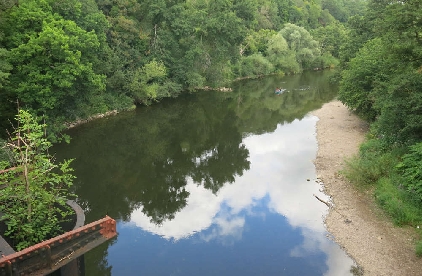
A Gloucestershire council will write to Shropshire Council over their decision to approve plans for new chicken farms amid fears agricultural pollution is turning the Severn and Wye into “open sewers”.
Forest of Dean District Councillors raised concerns at their latest full meeting that Shropshire Council continues to approve poultry units close to rivers within the Severn catchment.
More than 50 million chickens are already being farmed at any one time in the Wye and Severn catchment areas upstream of the Forest of Dean, current data suggest.
This expansion has been directly linked to the decline of water quality in the Wye.
Chicken manure contains high levels of phosphorus and nitrogen which makes it a great fertiliser for crops.
But when these nutrients reach waterways they can result in excessive growth of algae, starving the river of oxygen and killing fish.
Councillor Andrew McDermid (G, Lydney East), said in the motion at the meeting on December 12, that the Forest of Dean is already experiencing negative impacts on environment, leisure and tourism.
“As the Forest of Dean is situated downstream between both rivers and next to their outlets into the Severn estuary, it is inevitable that we are adversely affected by any degradation of our river environs upstream,” his motion read.
His motion, which was backed by a majority of councillors, will see the council write to the leader of Shropshire Council expressing their “heartfelt” concern.
The council will also call on Shropshire Council to fully take on board these downstream impacts when determining any such planning applications.
Councillor Sid Phelps (G, Lydbrook), who seconded the motion, said the issue is a “not a simple nut to crack”.
He told the council of his frustration over the lack of progress achieved by the Wye catchment nutrient management board, a committee made up of councillors from Powys, Herefordshire, Monmouthshire and the Forest of Dean.
“We’ve not got very far. In fact, the board’s been going for 10 years. It’s got very little progress.
“It really is not a simple nut to crack and more dialogue with more local authorities I don’t think would help.
“It’s not the chicken farms themselves causing the pollution, apart from maybe fugitive emissions that they’re not controlled. Where the problem lies is when it goes off site, it’s either spread directly onto farms.
“And I’m not blaming farmers here, but they’re perfectly legal in doing what they’re doing as long as it doesn’t exceed the crop requirements.
“It’s called diffuse pollution because when the rain falls on it, excessive nutrients in the soil do invariably get washed off, and it’s washed off over a wide area and it’s very difficult to police as a regulator.
“It’s very difficult for farmers to absolutely know, hand on heart, that all the nutrients are going into their crop. This is a really complicated issue”
Cllr McDermid said the river pollution in the Wye is being caused due to agricultural runoff from fileds where there is a phosphate nitrate surplus in the soil.
“These rivers are in a mess,” he said. “It’s nearly an open sewer because of agricultural runoff mainly.
“In the case of the Wye, 73 per cent due to agricultural runoff, so it is now classed as unfavorable declining, which is about as bad as it can get.”
Shropshire Council did not respond to a request for comment.


 Possibility of fires linked to garden waste charges ‘on the radar’
Possibility of fires linked to garden waste charges ‘on the radar’
 Lib Dem leader canoes on river Severn
Lib Dem leader canoes on river Severn
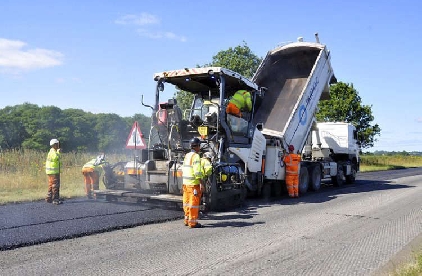 Highways contract extended for another year
Highways contract extended for another year
 £500K seized in crackdown on barbershops used for money laundering
£500K seized in crackdown on barbershops used for money laundering
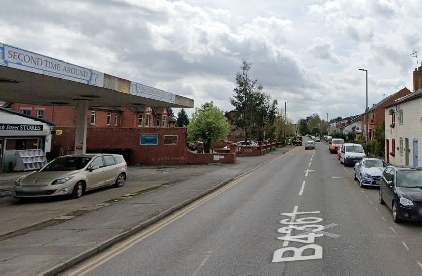 Pedestrian seriously injured in Leominster collision
Pedestrian seriously injured in Leominster collision
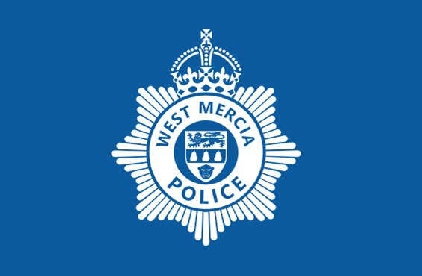 West Mercia Police officer dismissed
West Mercia Police officer dismissed
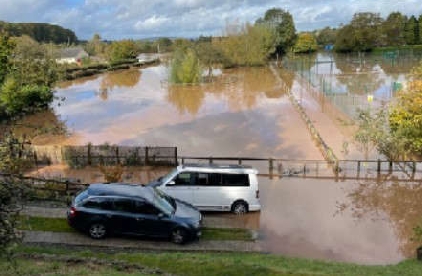 Ludlow Town Council objects to rugby club’s plans
Ludlow Town Council objects to rugby club’s plans
 Witnesses sought following assault in Craven Arms
Witnesses sought following assault in Craven Arms
